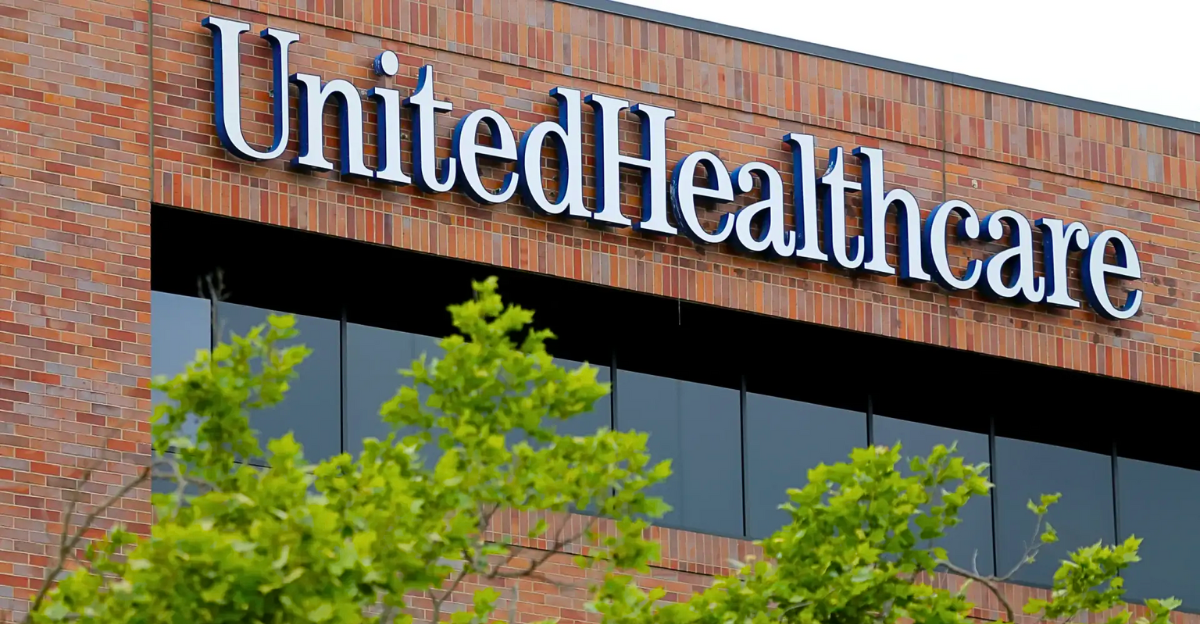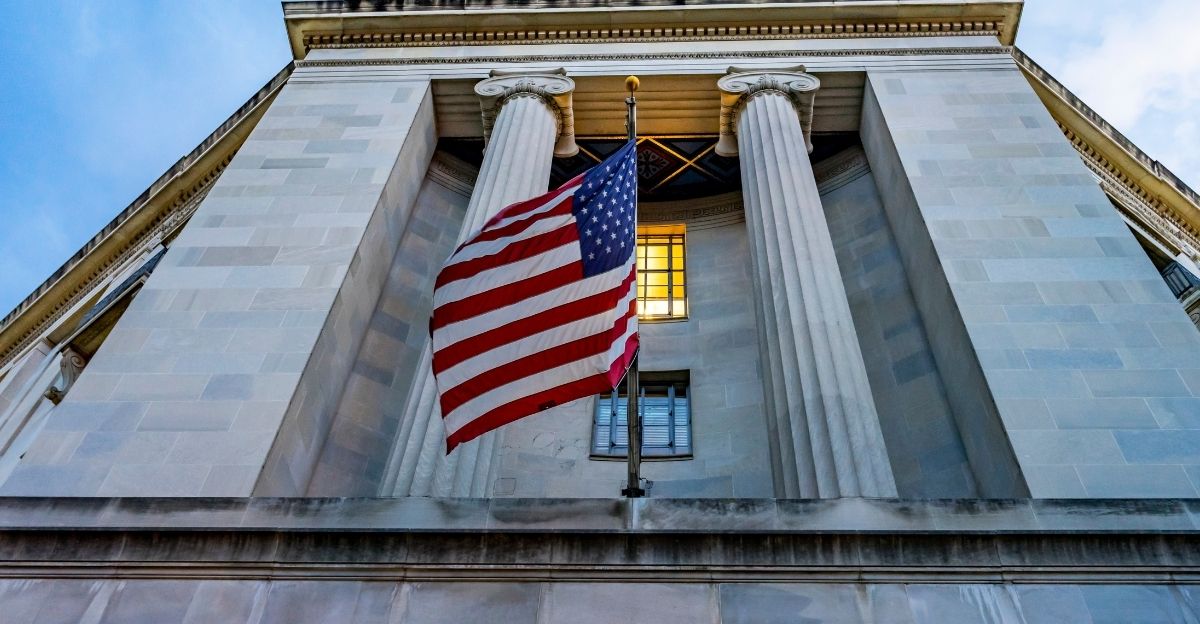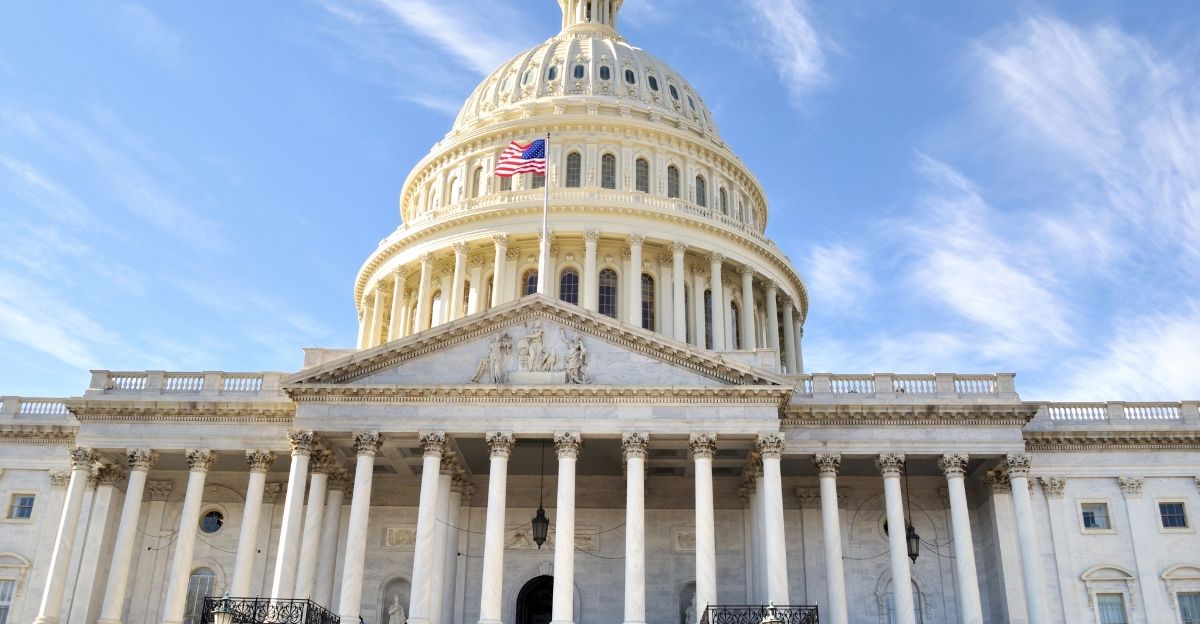
UnitedHealth is widely considered one of the biggest healthcare insurers and providers in the country. Since 2003, they’ve seen a massive rise in their profits and have climbed up to fourth position on the Fortune ranking list. However, recent legal issues and a backlash from senators across the board have shone a more negative light on the company that could affect its profitability long-term. Let’s take a look at why UnitedHealth has come under fire in recent news.
Medicare Advantage

The Medicare Advantage plan was essentially designed by the government to help big corporations make affordable healthcare, well, more affordable. Many believed that companies would be able to offer the services for better rates, and this would ultimately help customers save cash, while still getting access to good quality healthcare. However, the recent scandals that rocked UnitedHealth prove that there could be significant cracks in the system. It also brings to light the more dubious nature of these companies and what really motivates them.
The Problem with Profit

While the idea that a company is structured around providing quality, affordable healthcare and insurance to people might sound like a good idea initially, the truth is that in most cases, they seem to be largely driven by profit. According to MSNBC, companies like UnitedHealth have largely just filled their own pockets, wound up charging customers more, and even went as far as denying much-needed care to people, all in the hopes of boosting their bottom line.
Upcoding

According to the Wall Street Journal, one of the more serious allegations that the company has come under fire for perpetrating is the perpetuation of ‘upcoding’ within their records. Essentially, upcoding is where a practitioner claims that a patient received a more expensive treatment than they actually did, or misdiagnoses a client on purpose. In this way, they can receive more money from either customers or federal programs like Medicare while putting people’s health at serious risk.
Care Denial

According to an investigation by The Guardian, there are claims that UnitedHealth was paying nursing homes to keep patients in their rooms, rather than sending them to the hospital. This would mean that they lacked much-needed and often vital healthcare in order for the company to save money on hospitalization costs. There is at least one case of a patient who suffered serious, long-term brain damage when his trip to the hospital was delayed for an extended period of time.
Human Rights Abuses

The acts of UnitedHealth go further, though, in terms of denying people their vital healthcare needs. According to The Guardian, in some cases, nurses were paid to persuade people to register their ‘code status’ to DNR, or ‘do not resuscitate’. This would essentially exclude them from receiving incredibly important, often life-saving treatment in the case of an emergency. All of this was done to help prevent extra costs associated with treatment, but came at the lives and healthcare of countless innocent citizens.
Legal and Financial Issues

According to MSNBC, after the fatal shooting of the company’s CEO, Brian Thompson, last year, the company came under fire for misleading the public in terms of their strategies for growth regarding the fiscal year ahead. Earlier this year, the then-current CEO, Andrew Witty, resigned for ‘personal reasons’ and the company decided to withdraw its earnings guidance to Wall Street, citing a dismal first quarter and the fact that they had underestimated Medicare Advantage costs.
Monopoly

Another issue with the company cited in a recent FTC report is the claim that they are monopolizing the market. Due to the fact that UnitedHealth is vertically integrated, they have a select list of pharmacies and practitioners whom they recommend to patients. According to the report, in general, they give these pharmacies and practitioners a markup of up to 7,700%. Because the smaller practitioners or pharmacies cannot compete, they wind up capitulating to UnitedHealth. This causes smaller pharmacies and independent practitioners to be forcefully absorbed into the company, or face the risk of closure.
A Scary Trend

Due to the fact that UnitedHealth was posting huge earnings every year, other companies like Aetna, Humana, and Anthem (all subsidiaries of large insurance providers like CVS and Elevance), decided to copy their vertical approach to business. They were recently sued by the DOJ for apparently paying brokers to steer customers towards their programs and also help deter people who suffered from disabilities from applying to their schemes. The case cost them hundreds of millions of dollars.
Price Hikes

Sadly, things don’t seem to be getting better for people on Medicare. Trump’s administration has recently made it clear that they aim to cut the budget of Medicare and Medicaid, driving the costs up for people who rely on these important government programs. Ultimately though, companies like UnitedHealth are welcoming the price-hikes, as it means that they stand to profit more from patients, without having to adapt their basic services or coverage much.
A Hole in the Bucket

The main issue with private corporations filling the gap when it comes to Medicare insurance is that they are ultimately driven by profits and share prices. In most cases, in order to make a larger profit, the companies tend to deny much-needed insurance claims to citizens who need the coverage. Essentially, this means there are lower costs associated with running their business, and they don’t have to fork out cash to cover their healthcare needs. This doesn’t give them a very good incentive to do their jobs well, especially when the healthcare of the elderly is at stake.
Government Steps in

Recently, senators across the board have been speaking up about the healthcare giant and criticising it for their abhorrent practices. Reps. Lloyd Doggett, D-Texas, and Greg Murphy, R-N.C., recently requested an investigation into the company’s practices and are hoping to hold them accountable for their actions. It’s become clear that the federal government is a better guardian for healthcare insurance than private corporations. If you enjoyed this article, feel free to check out more on our site!